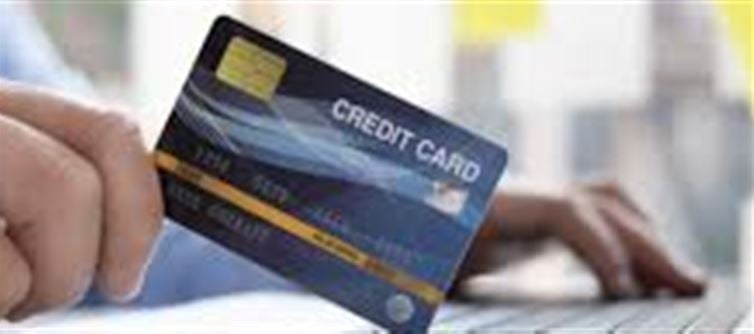
Getting your first credit card is exciting—it offers convenience, rewards, and financial flexibility. But when the first monthly bill arrives, many new users find themselves confused by the various terms, charges, and numbers printed on it. Understanding how your credit card bill works is essential to managing your spending, avoiding unnecessary fees, and building a strong credit history.
Why Understanding Your Credit Card Bill Matters
A credit card can be a powerful financial tool, but only if you know how to use it responsibly. Every bill contains important details such as your total spending, due date, minimum amount payable, interest charges, and more. Learning what these terms mean helps you:
· Avoid late payment penalties
· Prevent interest from building up
· Keep track of your spending
· Maintain a good credit score
· Stay in control of your finances
Key Sections of a Credit Card Bill
Most credit card statements include the following important components:
1. Statement Date
This is the date your monthly billing cycle closes. All transactions made before this date will appear on the bill.
2. Total Amount Due
This is the full amount you owe the bank for the month. Paying this amount on or before the due date ensures you avoid interest charges.
3. Minimum Amount Due
This is the smallest amount you must pay to avoid late fees. However, paying only the minimum can lead to high interest charges on the remaining balance.
4. Due Date
The last day by which you must pay your bill. Missing this date results in penalties and impacts your credit score.
5. Interest & Finance Charges
If you don’t pay your bill in full, the remaining amount attracts interest. These charges are usually higher than regular loan interest rates.
6. Transaction Summary
This section lists all your purchases, cash withdrawals, EMI conversions, refunds, and fees for the month.
7. Rewards & Cashback Details
Many credit cards offer reward points or cashback. Your bill will show how many points you've earned and how many are available to redeem.
Common Charges to watch Out For
While using your card, look out for the following charges:
· Late payment fees — charged when you miss your due date
· Cash withdrawal fee — applied when taking cash from an ATM using your credit card
· Over-limit fee — charged if you spend beyond your credit limit
· Annual or renewal fee — some cards charge a yearly fee for usage
· Foreign transaction fees — applied for international purchases
Understanding these charges helps you avoid extra costs and use your card more effectively.
Final Thoughts
A credit card is not just a spending tool—it’s a responsibility. By learning how your bill works and staying mindful of your payments, you can enjoy the benefits of a credit card without falling into debt or paying unnecessary charges.
Disclaimer:
The views and opinions expressed in this article are those of the author and do not necessarily reflect the official policy or position of any agency, organization, employer, or company. All information provided is for general informational purposes only. While every effort has been made to ensure accuracy, we make no representations or warranties of any kind, express or implied, about the completeness, reliability, or suitability of the information contained herein. Readers are advised to verify facts and seek professional advice where necessary. Any reliance placed on such information is strictly at the reader’s own risk..jpg)




 click and follow Indiaherald WhatsApp channel
click and follow Indiaherald WhatsApp channel